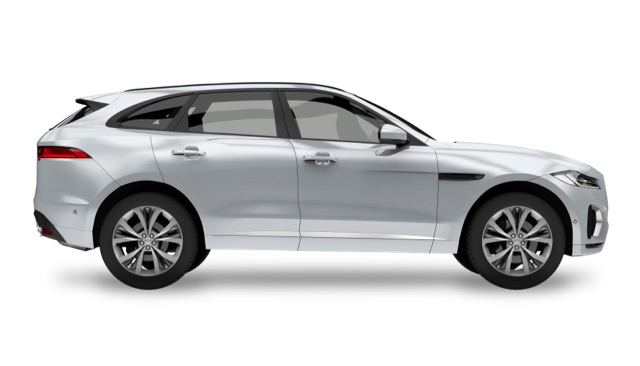- Quick and easy service
Understanding Car Rental Deductible Types: With Deductible, Zero Deductible, and Covered Deductible
Car rentals are a convenient way to explore new destinations or navigate daily life without owning a vehicle. However, when renting a car, it's essential to understand the different insurance options available, especially the various deductible types. In this article, we'll explore the differences between "with deductible," "zero deductible," and "covered deductible" to help you make an informed decision.

What is a Deductible?
A deductible is the amount of money you are responsible for paying out of pocket in case of damage or loss to the rental car. The rental company's insurance typically covers the remaining costs above the deductible amount. It's crucial to know the types of deductible offered and how they affect your rental experience.
With Deductible
When you choose a car rental "with deductible," you accept financial responsibility for a specified amount if the rental vehicle sustains damage or is stolen. Common deductible amounts can range from a few hundred to several thousand dollars.
+ Lower Rental Cost: Rentals with deductible tend to have lower upfront costs compared to zero deductible options.
- Out-of-Pocket Expenses: In case of an accident or damage, you will be required to pay the deductible amount, which can be a significant expense.
- High deposit: A car rental offer with deductible often requires you to pay a high deposit when you pick up the car.
Zero Deductible
Zero deductible means you are not responsible for any out-of-pocket expenses if the rental car is damaged or stolen during your rental period. The rental company's insurance covers these costs.
+ Peace of Mind: You won't have to worry about unexpected expenses in case of accidents or damage.
+ Lower or no deposit: Offers with a zero deductible often don’t require you to pay a deposit or only a very low deposit.
- Higher Rental Cost: Zero deductible options typically come with higher daily rental rates.
Covered Deductible
A covered deductible or refundable deductible combines elements of both "with deductible" and "zero deductible" options. In case of damage or theft of your rental car, you will first cover the costs up to the deductible amount which subsequently will be reimbursed to you.
+ Lower Rental Cost: Refundable deductible offers come often at a lower daily rental rate than zero deductible offers.
+ Returned Deposit: Even in case of damage or theft, your deposit will be refunded.
+ Cheaper than local insurance: These offers often come at a much cheaper price than when you purchase a local insurance.
- Deposit required: At first you will still be required to pay a deposit. In case of damage, you pay the damage costs upfront which will then be reimbursed to you after the rental.
Comprehensive Coverage
Comprehensive Coverage is an insurance option at HAPPYCAR that extends the Zero deductible or Covered deductible. Comprehensive Coverage includes protection for the glass, tires, roof, and undercarriage of the rental vehicle. These items are not covered by default under the previous deductible variants.
+ Extra Protection: This insurance gives that extra protection to be fully worry free during your rental.
+ Returned Deposit: Even in case of damage to the glass, tires, roof or undercarriage, your deposit will be refunded.
+ Cheaper than local insurance: This coverage through HAPPYCAR often comes at a much cheaper price than when you purchase a local insurance.
- Deposit required: At first you will still be required to pay a deposit. In case of damage, you pay the damage costs upfront which will then be reimbursed to you after the rental.
In conclusion, understanding the differences between "with deductible," "zero deductible," "covered deductible" and "comprehensive coverage" is essential for making an informed decision when renting a car. By carefully assessing your budget, risk tolerance, and needs, you can choose the deductible option that best suits your requirements, ensuring a worry-free rental experience.

Where would you like to rent a car?
- 24000+ pick-up locations
- Free cancellation
- Independent comparator